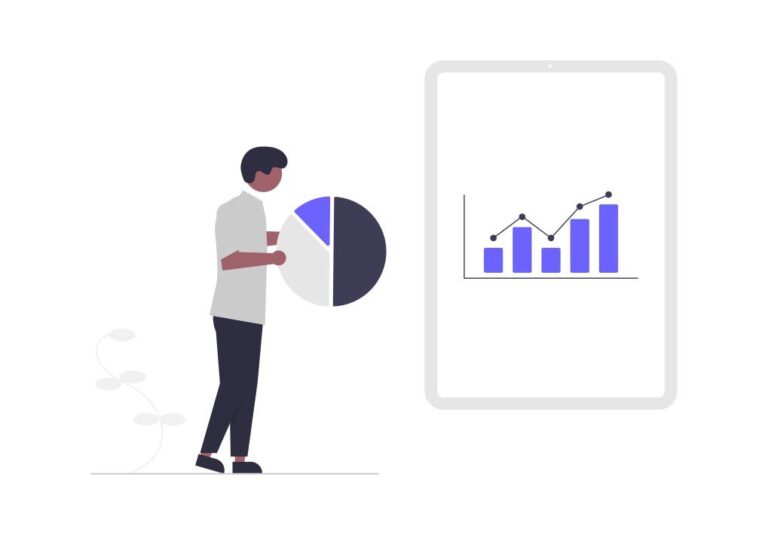There are important shifts going on all over the world in terms of supply chain. Covid-19 pandemic has shown all industries once again how critical supply chains are. Product supply sources, packaging and transportation methods are some examples under disruption risks and uncertainty. Recent developments and regulations regarding the environment and climate are non-avoidable. Every company needs to plan a strategy for these developments and update their existing plans to be able to continue their operations and maintain their competitive advantage.
Having strong and high performing supply chains, providing a differentiated value proposition to suppliers, and maintaining healthy and productive supplier relationships is more important than ever. Secure, resilient and responsive supply chains help a business anticipate disruptions, respond quickly, and identify ways to reshape for the future. Responsible, sustainable and transparent supply chains increase brand value and build crucial trust with customers, partners and societies.
Supply chains have a significant impact on the environmental burden and socioeconomic position of companies. Supply chains, by their nature, consume a large amount of energy and require intense labor and transportation. Therefore, the concept of supply chain sustainability comes forward for both public and private organizations.
According to MIT’s State of Supply Chain Sustainability Report, sustainable supply chain is the “management of environmental and social impacts within and across networks consisting of suppliers, manufacturers, distributors, and customers in line with the UN Sustainable Development Goals. This spans every phase of the supply chain, from raw material sourcing and extraction to product use and end of product life.”
A company with healthy Sustainable Supply Chain practices:
- Engages with its stakeholders to establish a supply chain management system that has increased resistance to climate changes, social and government-related problems, has a transparent, operational risk management and can meet the expectations of society, consumers and all other stakeholders
- Evaluates its suppliers’ performance regularly based on universally accepted standards and certifications
- Has strict Governance practices such as Code of Conduct written and delivered to both internal and external stakeholder groups
- Has updated IT systems that are inspected by a third party organization and are ready for cybersecurity risks and attacks
- Collaborates and partners with suppliers to improve efficiency and transparency
- Continuously benchmark against competitors to spot opportunities and room for improvement
- Offers training to its employees, and even its third party contractors, regarding healthy procurement or supply chain management practices
- Has partnership opportunities with NGOs and other stakeholder groups to create synergies
- Evaluates its products, services and processes regularly and gets its third party verification from a trusted auditor organization
- Creates culture for improvement that is inclusive and transparent







